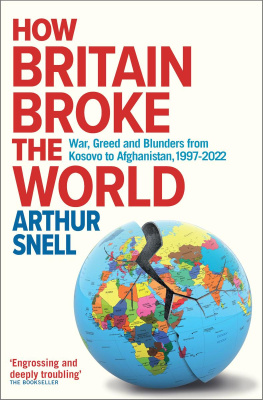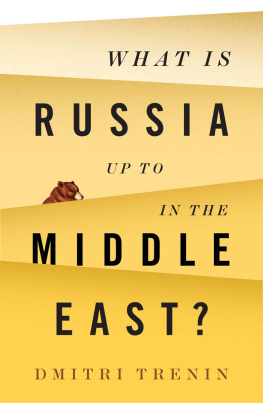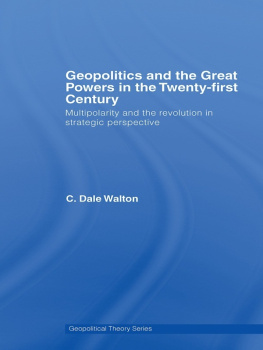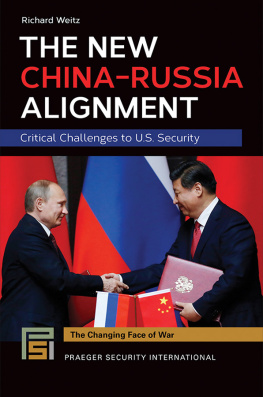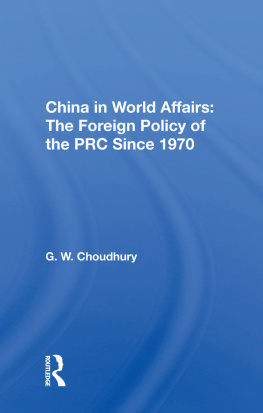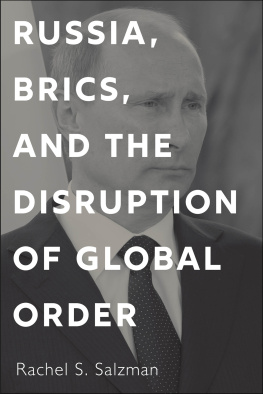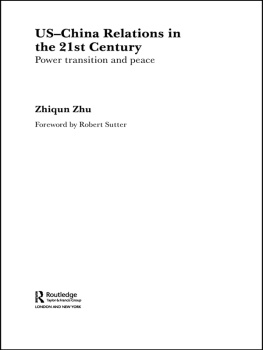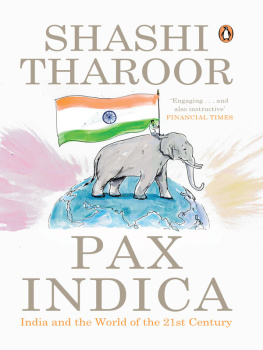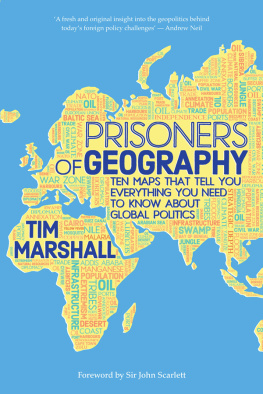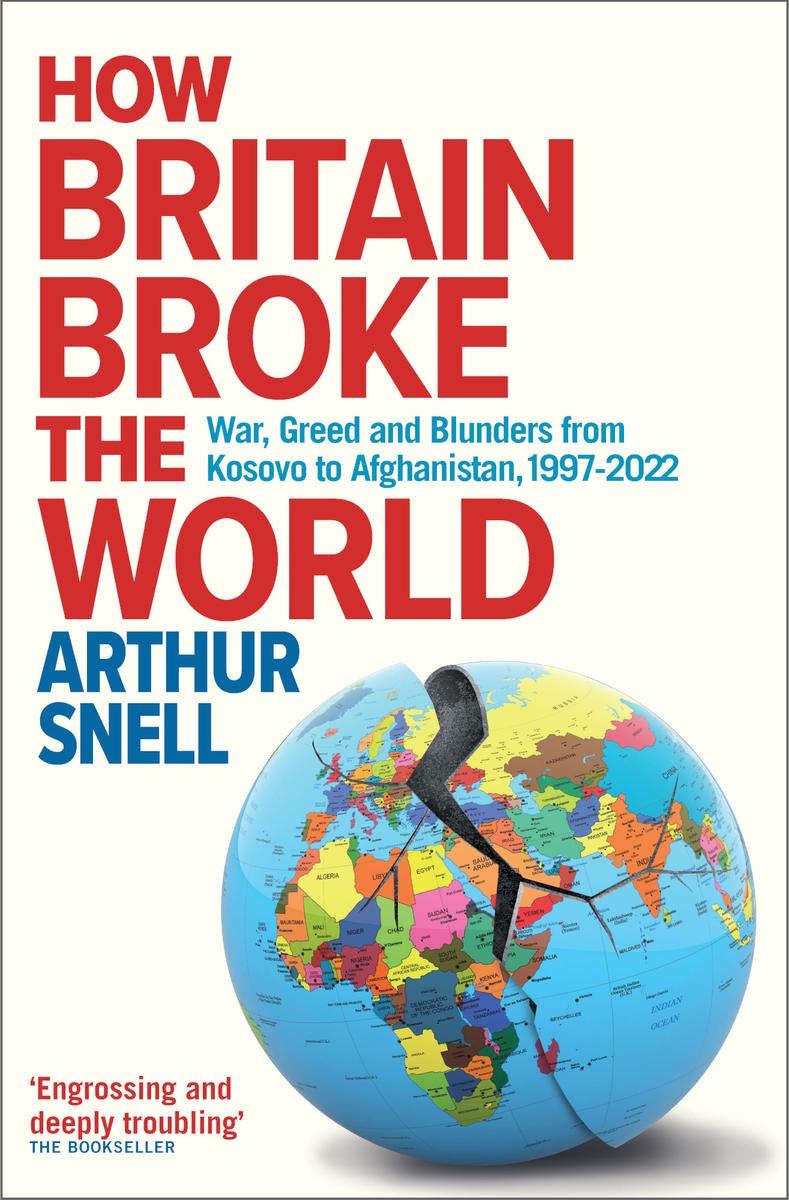There was a brief silence after the bomb blast. Then shouting, and nervous laughter. The Iraqi official gestured to the shattered window and stammered: Shay aadi, a normal thing. We were both uninjured, but I learned later that several guards had died outside the office where we were meeting. It was 2005 and I was in Baghdad, working as a British diplomat. Car bombs were normal. As I left the building I noticed a charred hand on the ground, probably the bombers.
In 2003 I had been open to persuasion that the invasion of Iraq could leave the country better off in the long-term. But the coalition had lost control. Every indicator, every piece of evidence, pointed to that fact. This was an unwelcome truth, so we tried to ignore it. Senior officials told us that the problem was foreign terrorists infiltrating Iraq to attack the international soldiers. Being a suicide bomber was not in the Iraqi character. Once these foreign jihadists were taken care of, the problem would go away. 10 Others claimed that the only barrier to progress was the lack of an Iraqi army (the previous one had been disbanded carelessly by the US in the first days of the occupation). Once the new army was up and running, it would all be fine.
These excuses were wearing thin. The attacks were increasing in frequency and severity. That day, in the bombed building, I could no longer deny to myself that the Allied powers had unleashed a terrible whirlwind. Now, as I write in the early 2020s, the existence of Islamic State is a direct consequence of the 2003 invasion. But the impact of that terrible mistake stretches far wider: from regional chaos in the Middle East, to shredding the credibility of Western governments, to the renewed power of autocratic countries, chiefly Russia and China.
A FAILING WORLD ORDER
The unsteady rules-based international order finally collapsed on 24th February 2022, when Russia launched a full-scale invasion of Ukraine. Under stress for some time, this system international law, accepted national borders, with the United Nations as global police chief had delivered peace and security for most Western democracies from World War II into the 1990s. Admittedly, many countries, particularly in the Global South, missed out on the upsides. But a world without this framework is volatile. We are living in a period of global disorder, conflict and uncertainty.
As I write in 2022, major conflicts are laying waste to the large and geopolitically sensitive states of Ukraine, Libya and Yemen, and civil wars are raging in the large countries of Ethiopia and Syria. In addition, an arc of instability runs across the entire 11 Sahel region of Africa and widespread civil strife continues in Myanmar, Afghanistan and Iraq. Running alongside these flashpoints is the spectre, once more, of great power conflict. Russia may be economically weak and facing chronic under-population, but it still has an expeditionary military that can transform a conflict. It proved its ability to do so in Syria where, by committing war crimes with indiscriminate bombing campaigns, it destroyed much of Syrias opposition and shifted the war in President Assads favour. It applied similar brutality to the towns and cities of Ukraine. Perhaps just as impactful are Russias irregular forces the little green men who overran the Crimea; the hackers whose Solar Winds attack penetrated US government computers; the GRU assassins who deployed chemical weapons on the streets of the sedate British city of Salisbury against a defector. Above all, Russias willingness to break the rules of the game, to interfere in foreign politics, gives it disproportionate power. Across Europe, Moscows money funds far-right political movements. In the United States in 2016, Russia manipulated the American presidential election campaign in favour of Donald Trump. In 2020, its efforts to provide kompromat on Joe Bidens son did not change the election outcome but was a reminder of its continued willingness to pull democratic strings from the shadows. Here in Britain, oligarchs of Russian origin with clear links to the ruling elite are major donors to the governing Conservative party. The leading financial backer of Brexit Britains exit from the European Union was offered business opportunities by the Russian Ambassador in London (though there is no evidence he took them up.) Whether Russia interfered 12 in the Brexit referendum campaign at large is unknown, because the pro-Brexit British government has ensured that this has never been investigated by its security services.
China is also challenging the existing order. The worlds most populated nation is likely to overtake the US as the worlds largest economy before the end of the 2020s.

